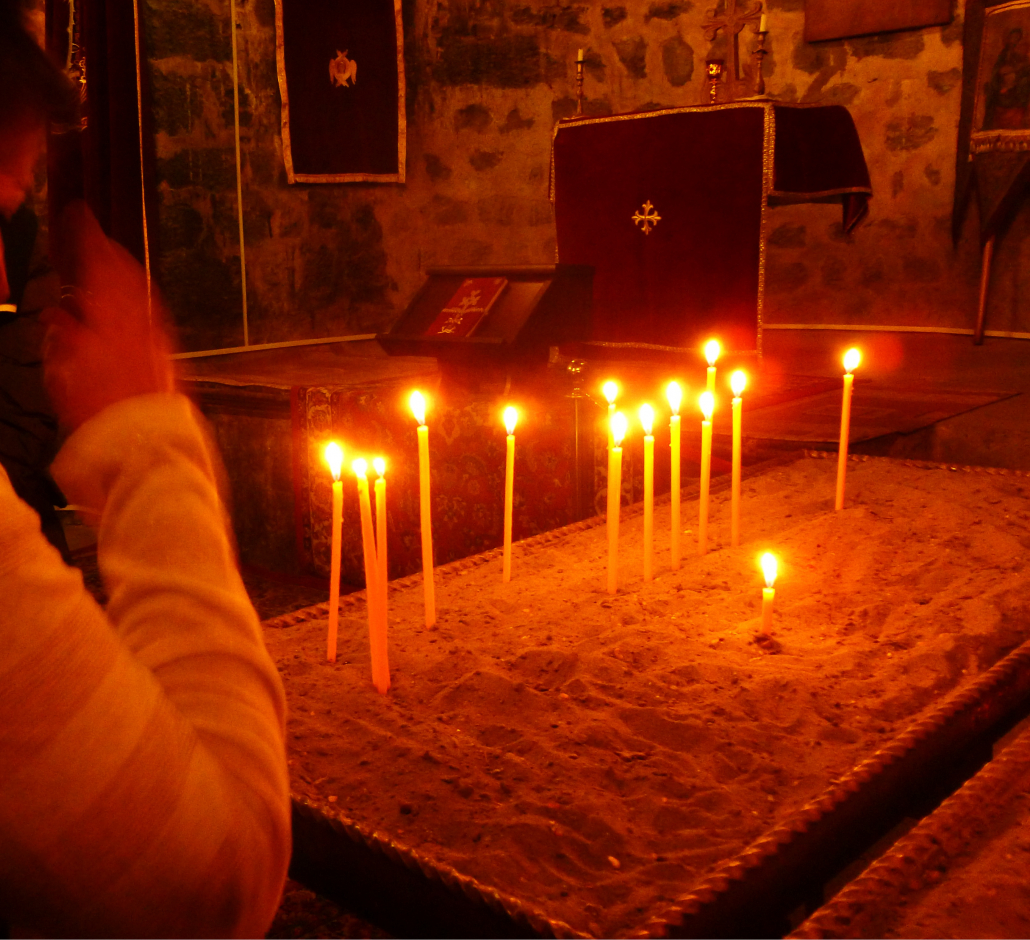Lions and Tigers and Prayers, Oh My!
On September 7th, we kicked off the 2025-26 Sunday school year here at St. James. I’ve been serving as superintendent for a long time, and I have to say that it was truly one of the best first days ever! So many smiles, hugs, and excitement to be together again. Our theme this year is the Power of Prayer and mine were certainly answered last Sunday.
The importance of prayer goes without saying, and if you are reading this article then you likely feel the same way. Prayer to a Christian is like water to a fish – we can’t live without it! So we will spend our time in our classrooms devoted to discussing the who, what, where, when, how, and why of praying. So much to do and so little time, but we have already gotten straight to work.
During our morning assembly the students and I made a circle and each of us took turns sharing what we pray for . . . out loud. YES – out loud! Now, I have prayed my entire life, but I found this activity to be very unnatural for me. My prayers have always been private, kept to myself, unspoken, between me and God, so my uncomfortableness was a real, “a-ha” moment for me, and I designed the activity! There have been many occasions when I have listened to another person speak spontaneously and lead a prayer, but the only prayers I have said aloud are ones that I have memorized. Those feel “safe” to me, and maybe speaking from the heart would leave me too exposed. I’m really not sure, but I started to question my ability to pray.
Because of this, I knew I had to make prayer a focus with our Sunday school children. Like them, I grew up in the Armenian Church, attending Sunday school. But unlike me, these students will have this safe place to practice and share spontaneously prayer. There are many prayers that are meant to be recited from memory, Hayr Mer, for example. But I learned from a spiritual mentor that this type of spontaneous prayer actually has a name: “Eenk-na-pookh,” or simply speaking from the heart, out loud. Oftentimes the best rewards come from pushing through a bit of discomfort, so I am committed to be along the “eenk-na-pookh” journey with the children and I pray that with practice, we will all master the activity.
Once again, my faith was strengthened from a lesson being shared with the students – another prayer answered. St. James is a magical place where we are never too young or too old to strengthen our faith. There is always an opportunity to grow and learn, just like at home.
In the Wizard of Oz, Dorothy learns that to find her way home, she only has to click her ruby red slippers together and say 3 times, “There’s no place like home.” As Christians, we should always remember that this church is God’s home, and all prayer is welcomed here! Feeling lost? Simply fold your hands, (crossing your right thumb over your left*), and say aloud, “There’s no place like St. James, there’s no place like St. James, there’s no place like St. James!”
Faithfully, Gail Chelebian Superintendent
*Crossing thumbs when praying, specifically with the right thumb over the left in a cross shape, is a traditional Christian gesture, symbolizing loyalty to God and the cross of Christ.




